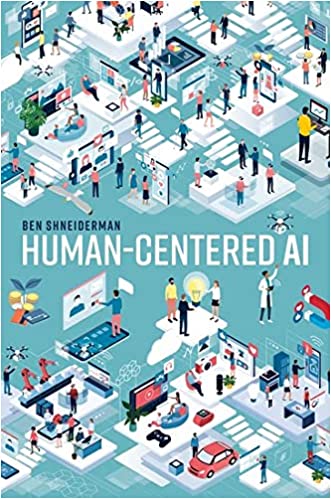In "2001: a Space Odyssey," the astronaut falls into an monolith floating in space. Just before the radio cuts transmission to earth, the astronaut gasps, "my god, it's full of stars." This sense of wonder and impending revelation is the view I brought to my PhD studies in artifical intelligence. Surely, I thought, we were working together to unwind our own little piece of the great mysteries of the universe. I was quickly disabused of my higher notions. In falling into the mysteries of intelligence, I came to understand that the intelligence we were collectively working to build resembeled the mysterious power of the Space Odyssey monolith in more than one way. Only as I fell into my research I muttered, "my god, it's full of bugs."
This sense of wonder and skepticism left me adrift in a field enraptured by its newfound power. Just as the most recent AI summer was heating up, I was submitting papers and giving talks navigating the limitations of the current revolution. I approached the field not with boundless optimism for the future but with concern for the absence of commensurate advances of social systems.
It is then that I learned Ben Shneiderman was writing a book on "Human-Centered AI." At its core, the book looks to reposition the grand goal of AI from one in which humans are meant to fall into the pursuit of creation, to one in which we are meant to ask ourselves the more mundane question of "where is the human in this system?" This exceptionally empowering notion is as transformative as it is simplistic. The subtle intellectual repositioning moves AI from an imposing and unapproachable monolith, to a tool with specific capacities and failures that must be carefully applied to the human context.
Dr. Shneiderman's book is an olive branch from the human side of human-centered AI telling the field of machine learning that it has come of age and needs to expand its outlook and objectives. We can still strive to fall into the stars, but we now need to adopt a more worldly perspective in our pursuit of artificial intelligence.

